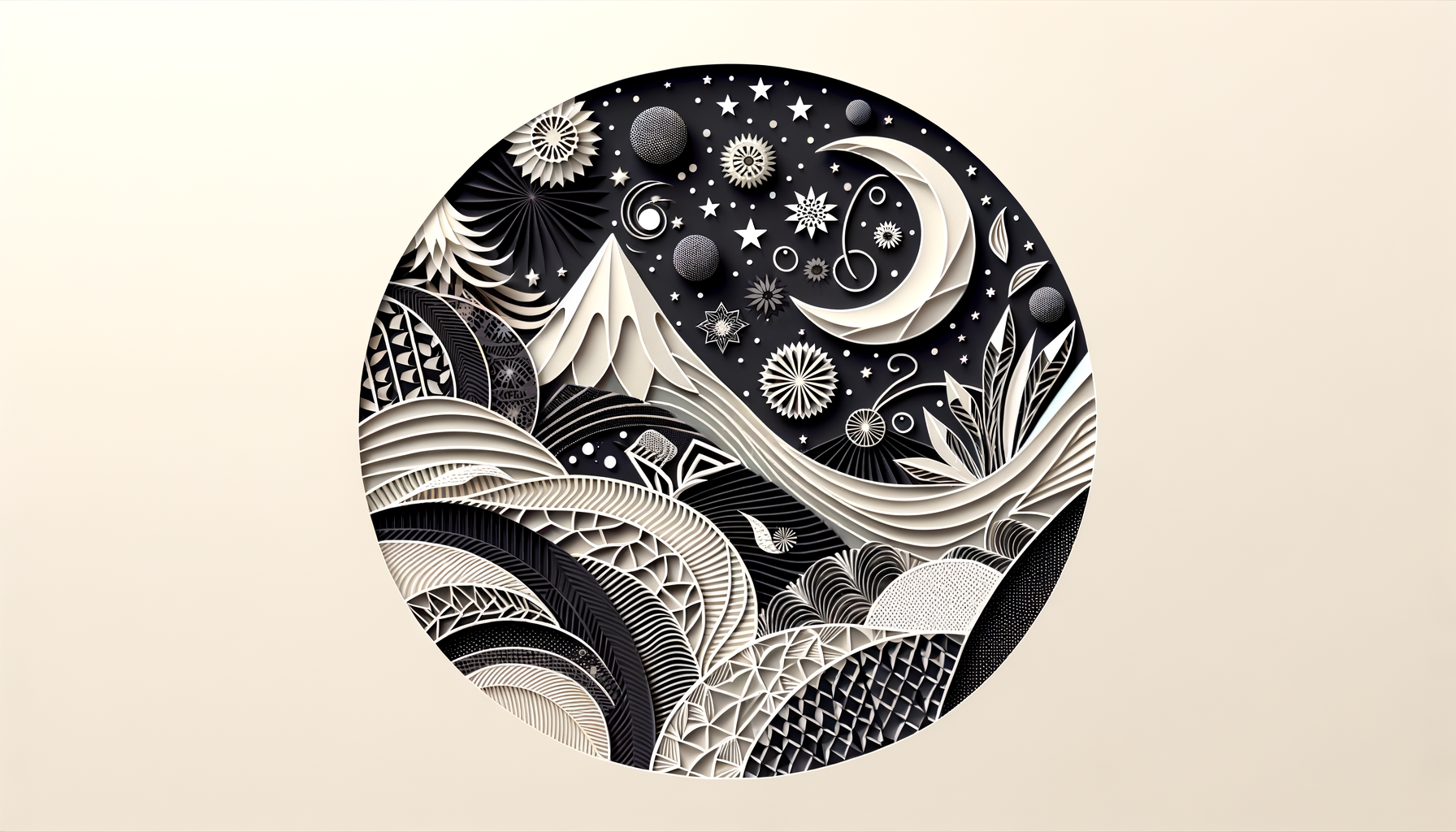At some point, we’ve all stood in front of a mirror, trailing a finger over a scar and thinking, "Well, that’s never going away." Whether it was the result of a tumble off a bike, a gnarly cooking mishap, or a wound inflicted by a rogue childhood dare—scars have a way of sticking with us. But here’s the thing: scars aren’t just blemishes. They’re stories—raw, unfiltered, oddly beautiful chapters of who we are. And, spoiler alert: they show up in our relationships too.
Some scars are literal, etched into the map of our skin, while others are invisible, seared into the terrain of our hearts. But in both cases, they tell a story. They speak of mistakes, risks, triumphs, and resilience. And as strange as it might sound, those scars might just be the secret ingredient to stronger connections. So today, we’re diving deep into what our scars—both physical and emotional—can teach us about relationships, resilience, and the weirdly messy beauty of being human.
Chapter One: The Tale of the Cowboy Hat and the Bad Idea
I’ve got this scar on my left knee—a pale, jagged crescent that looks like an amateur took to me with a can opener. I was about eleven, and a buddy of mine bet me I couldn’t jump a creek while wearing my dad’s oversized cowboy boots. (Spoiler: He was right.) The moment I hit the other side, boots skidding on loose gravel, I went down hard—a tangle of limbs, denim, and bad decisions.
That scar taught me an early, painful lesson: Know your limits. Sounds simple, right? But in dating, just like in creek-jumping, we often take risks without thinking them through. Maybe we overlook red flags because someone’s insanely charming. Or we convince ourselves that we can change someone, even though every self-help book in existence screams, "You can’t." But here’s the kicker: limits aren’t bad. They’re boundaries, and boundaries are essential for healthy relationships.
So, next time you’re tempted to ignore your gut because your date has killer dimples or makes a mean Old Fashioned, take a breath. Respect your limits. Avoid the metaphorical gravel faceplant.
Chapter Two: Emotional Scars Are Like Fine Wine (Kind of)
Not all scars are as obvious as my knee’s losing battle with gravity. Some sit beneath the surface—subtle but just as significant. Like the time I got ghosted by someone I thought was The One. I’d like to tell you I handled it with grace, but I actually spent two weeks eating boxed mac and cheese out of a saucepan and listening to "Wichita Lineman" on repeat. (Don’t judge me. Glen Campbell slaps.)
Here’s the thing about emotional scars: they don’t disappear, but they do change. What starts out as raw pain eventually dulls to a faint ache, and, weirdly enough, teaches you patience, perspective, and strength. They remind you of what you’ve overcome—and that’s a pretty solid foundation for any relationship.
If you’re carrying some emotional bruises, don’t try to cover them up like a bad tattoo. Let them breathe. Share them (when you’re ready) with someone who’s earned your trust. Vulnerability isn’t weakness—it’s connection. And if someone can’t handle your scars, well, that’s their loss. You deserve someone who sees them and stays anyway.
Chapter Three: The Icebreaker Nobody Expects
During my stint as a park ranger, I noticed something fascinating: people love a good scar story. Whether it’s a bear claw mark (which, no, I don’t have) or a humble brush with poison ivy (which, yes, I definitely do), scars are conversation starters. They make us human. They make us interesting.
Why not lean into that in your relationships? Scars, quirks, imperfections—those are the things that set you apart. Maybe you snort when you laugh or put dill pickles on pizza (and okay, that’s objectively weird). But instead of apologizing for the parts of yourself that aren’t neatly polished, own them. Bring them to the table. Let people in on why you’re a walking contradiction of self-reliance and Spotify playlists full of ‘80s one-hit wonders.
True connection doesn’t come from hiding your flaws—it comes from showing someone how you got them in the first place.
Chapter Four: When Scars Clash
Of course, not all scars play nice. Sometimes your baggage bumps into someone else’s, and suddenly you’re in a full-on emotional mosh pit. Maybe they’ve got trust issues because of a bad breakup, while you’re still carrying abandonment feels from your elementary school best friend moving away. It’s messy, it’s unavoidable, and it’s part of every relationship that goes beyond surface-level.
So how do you deal? Two words: patience and curiosity. Ask questions without judgment. Listen like you mean it. Don’t rush to "fix" the other person’s scars; they’re not yours to bandage. Instead, focus on building trust, communication, and a safe space for both of you to be your unfiltered selves.
Think of it like I did guiding tourists through Grand Teton National Park: You don’t just bulldoze into unfamiliar terrain. You take your time, read the landscape, and adapt. And if the path is too wild, it’s okay to pause or find a new trail altogether.
Chapter Five: Wear Your Scars Like a Badge
In a world obsessed with filters and perfection, scars remind us that life is rarely that pristine. Whether we’re talking about physical marks or emotional ones, scars are proof that you showed up for life, even when it threw curveballs your way. They’re reminders of what you’ve learned, how you’ve healed, and the weirdly wonderful stories that make you, well, you.
So instead of hiding them, share them. Turn them into punchlines, cautionary tales, or moments of pause that deepen conversations. They’re not imperfections—they’re badges of honor. And the people worth keeping around will recognize that.
The Knot at the End of the Rope
Whether it’s surviving heartbreak, making peace with rejection, or finally removing glass shards from your literal or figurative wounds, scars tell the stories that textbooks never could. They’re proof of resilience, vulnerability, and bravery. And even in relationships, where vulnerability can feel like handing someone a map to every bruise and break you’ve ever had, scars remind us of what’s possible when we let someone in.
So, here’s the takeaway: Your scars—and the stories behind them—aren’t something to be ashamed of. They’re evidence of every stubborn step forward, every leap of faith, and every messy, beautiful battle you’ve fought along the way. Wear them proudly. Because the right person won’t just accept your scars—they’ll love the way they tell your story.




















